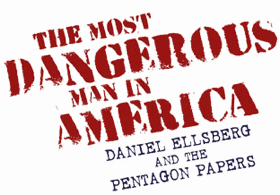Afghanistan-Denmark-NATO: Today the Danish Foreign Minister said Denmark has turned down a NATO request to send F-16 fighters to Afghanistan because it believes it has done enough for the international military mission there.
“We are one of the countries that contributes the most to Afghanistan,” Foreign Minister Lene Espersen told the media after a meeting of parliament's foreign affairs committee. “This is why we rejected the NATO request” which was also made to other member countries, she said.
Espersen said the committee “has a strong desire to scale down engagement” in Afghanistan as the Danish defense budget was “under pressure” and the government “is under no obligation to do more” there. Denmark “can be proud” of its role in Afghanistan, she said, adding that “it's up to other countries to play a role and meet demands”.
NIGHTWATCH Comment: Denmark has 750 soldiers in Afghanistan serving in the International Security Assistance Force force, primarily in Helmand province. Its small contingent has sustained, proportionally, the heaviest losses of any ISAF nation with 34 combat deaths. The fight in Afghanistan is not popular in NATO. More countries may be expected to decline further involvement and pursue early withdrawal in 2011.
Phi Beta Iota: Denmark spends more than most on waging peace, and its government is vastly more intelligent and holistic than the US Government (USG). The raw truth is that the US made a huge mistake in both Iraq and Afghanistan, Denmark felt obliged to honor its NATO commitment when NATO compounded the mistake by making Afghanistan a NATO mission (equivalent to asking Mexico to declare Cuba a threat to national security–we all die laughing). The USG is incapable of demonstrating any return on investment for its foreign and national security policies, and the US public is among the losers for this lack of intellectual integrity.





